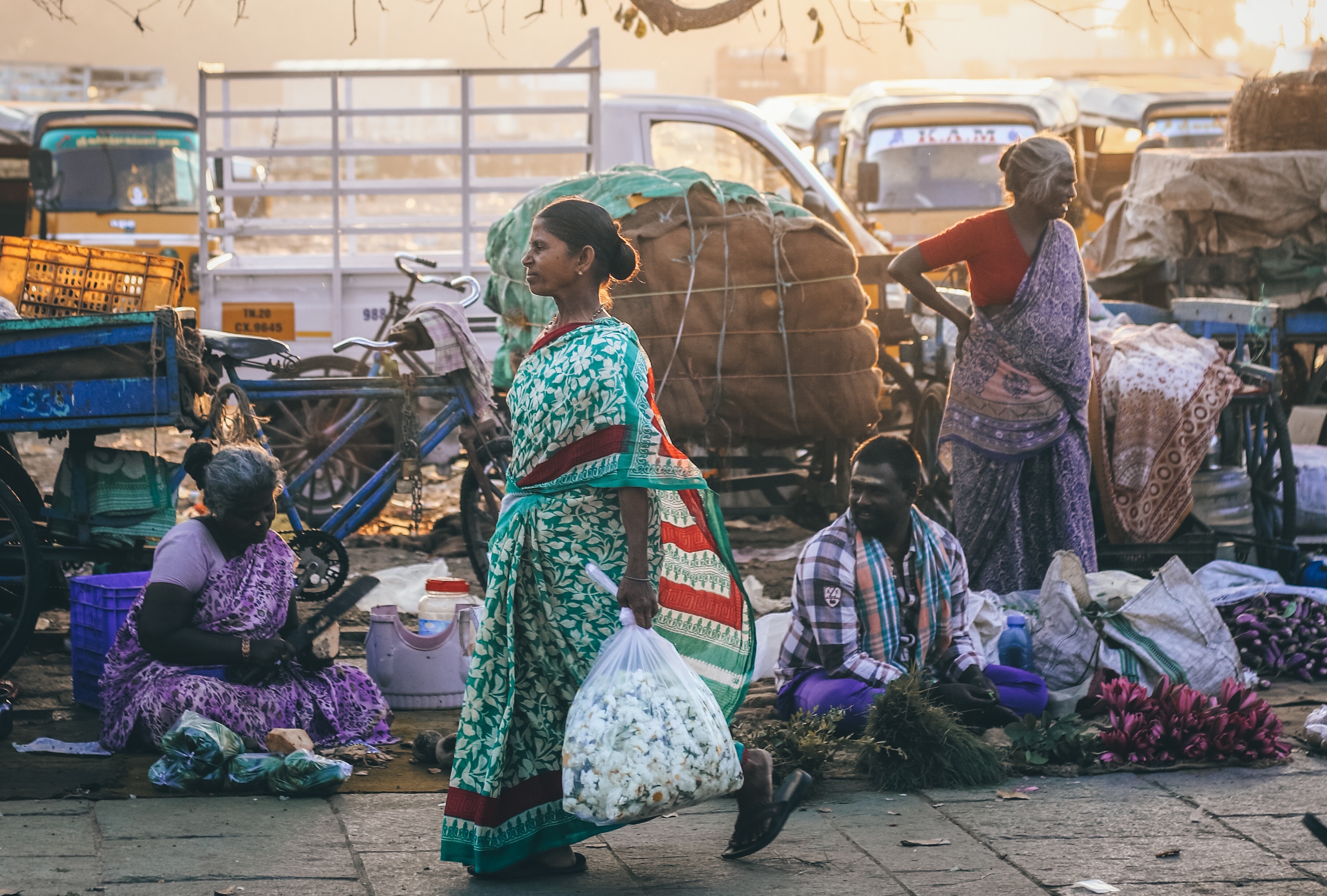[CANCELLED] Inclusion for Whom and for What? The Politics of Inclusive Innovation in International Development
SHARE THIS

| Shobita Parthasarathy (University of Michigan) | |
| Monday 2 March 2020 at 4:00 - 5:00 pm (Hong Kong time, GMT +8) | |
|
TBC |
In light of the current situation relating to the novel coronavirus, this event will be rescheduled until further notice. We are sorry for the inconvenience caused.
In recent years, there has been growing excitement among governments, international and domestic NGOs, and entrepreneurs about the promise of inclusive innovation and growth. If only we can include the world’s poor and marginalized communities in the marketplace, they argue, we can reduce inequality, enhance development, and create more empowered citizens. Inclusive innovation usually focuses on new technologies and services designed explicitly for, and sometimes even by, poor citizens, which will create new markets and ideally, new profits for investors. This is a laudable effort, but I argue that it is limited and problematic in key ways. Using menstrual hygiene management (MHM) in India as an illustrative case study, I show that the disposable sanitary pads and MHM awareness sessions developed as affordable innovative solutions are, in essence, “anti-inclusivity machines”. First, they actually disempower the prospective users. Even as MHM researchers and innovators claim to hear women’s needs and priorities and provide a path towards true freedom and empowerment, they reinforce an understanding of poor girls and women as ignorant, primitive, irresponsible, and dependent on Western science, technology, and markets for a better life. Second, they ultimately reinforce a Western approach to innovation. While those who support MHM interventions today seem to praise grassroots MHM innovators, they emphasize the contributions of those who produce interventions that are synthetic, scalable, and commodifiable. Meanwhile, innovation that is more organic, tied to indigenous knowledge systems, informed by cultural sensitivity, and invariably produced by women are erased and even denigrated. The talk concludes that in order for international development to achieve its inclusivity goals, it must develop more open-ended approaches to eliciting citizen needs and priorities, take seriously the logics and knowledge systems that underlie indigenous approaches to a problem, and most importantly develop a deeper understanding of how and why poor girls and women innovate. They must then use this knowledge to rethink the structure of inclusive innovation efforts, rather than assuming that the ideology and institutions associated with the Western approach to innovation can be simply expanded to benefit the world’s poor.
Short Bio
Shobita Parthasarathy is Professor of Public Policy and Women's Studies, and Director of the Science, Technology, and Public Policy Program, at the University of Michigan. Her research investigates the politics of innovation and innovation policy, in comparative and international perspective. She writes regularly for both public and scholarly audiences, and co-hosts The Received Wisdom podcast on science, technology, policy, and society. She is also the author of two books. The first, Building Genetic Medicine: Breast Cancer, Technology, and the Comparative Politics of Health Care, informed the 2013 US Supreme Court case over gene patents. The second, Patent Politics: Life Forms, Markets, and the Public Interest in the United States and Europe, won the 2018 Robert K. Merton Prize from the American Sociological Association. Her current research explores the politics of inclusive innovation in international development, with a focus in India.
Get updates from HKUST IEMS






